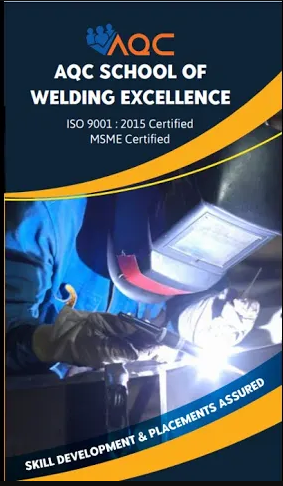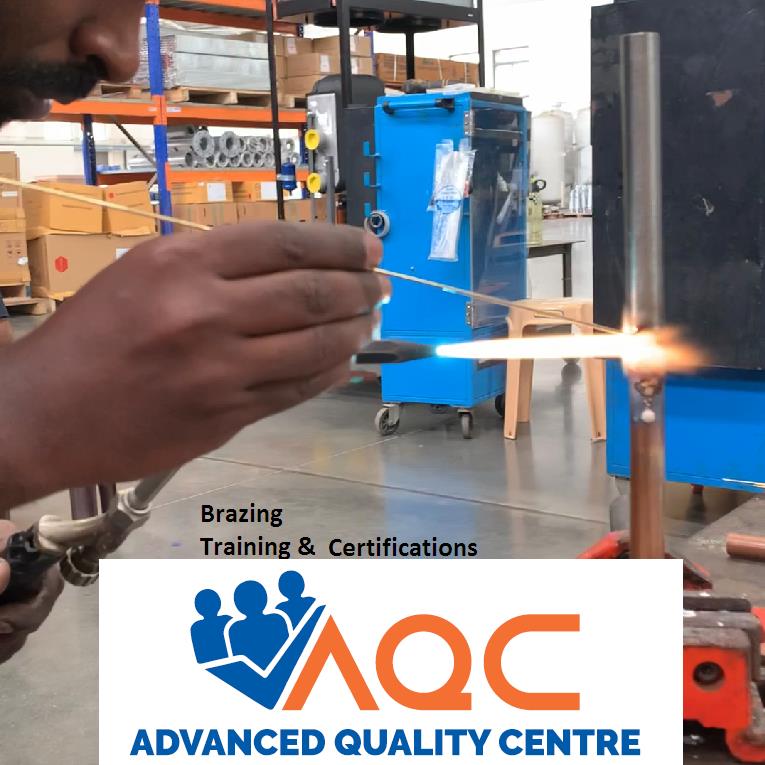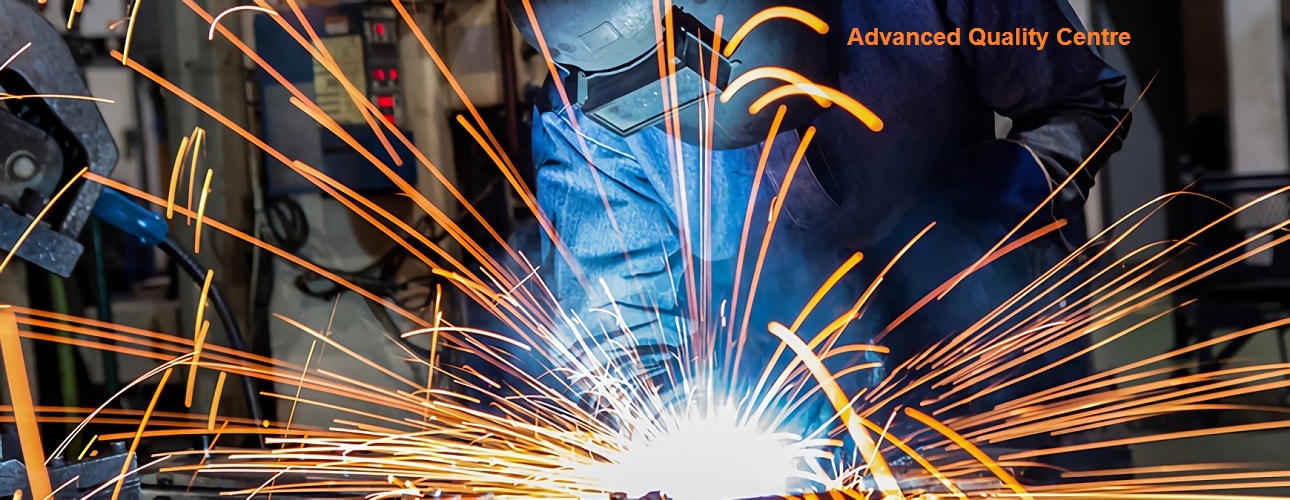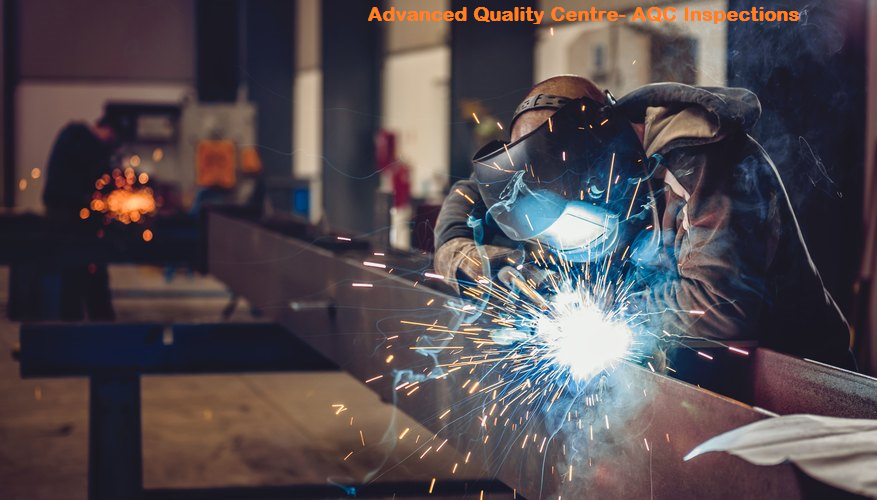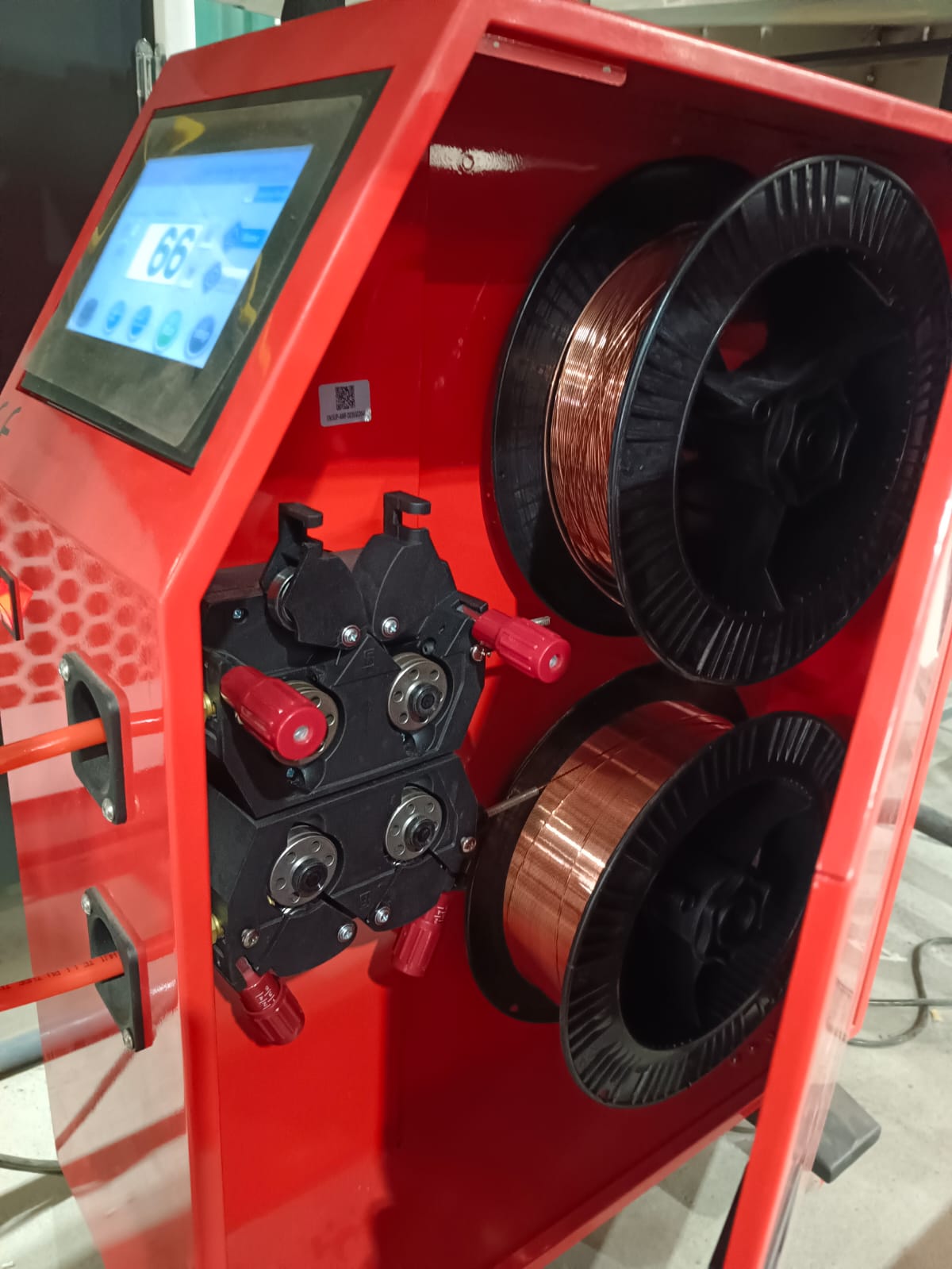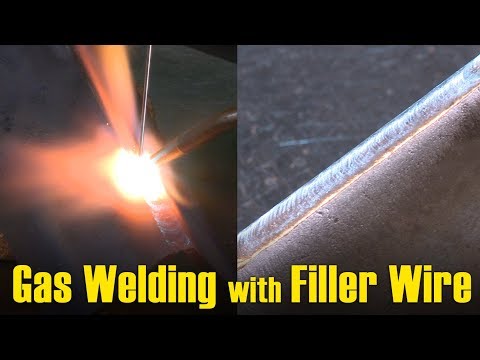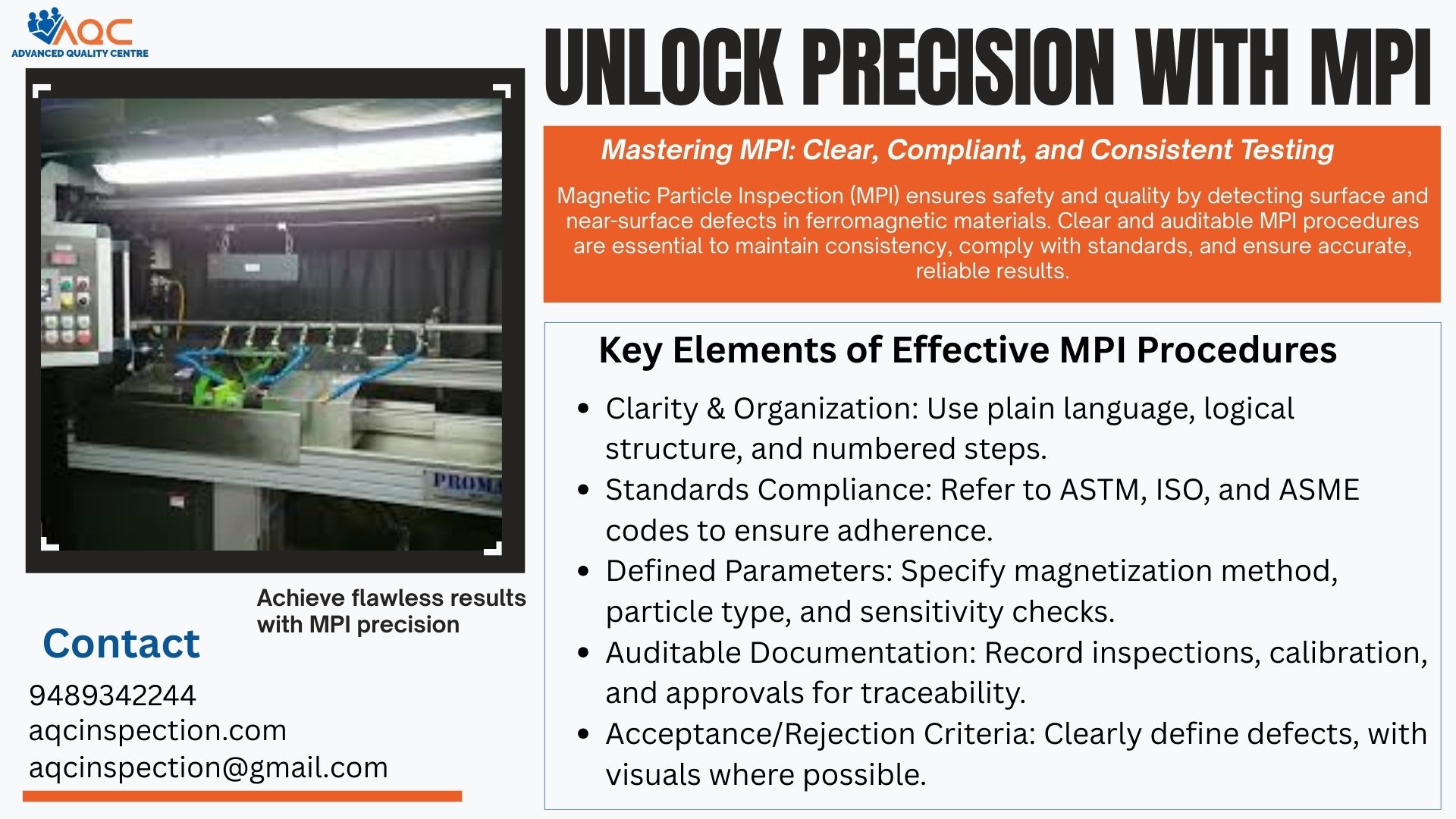Training
Training
blogs
What is Brazing ? Where is brazing process used ?
Brazing Process We Advanced Quality Centre, AQC School of Welding Excellence , train Welders , Brazing operators and Soldering applicator in our in house facility and other industrial facility , we train from scratch and make the experts in them. This blog answers the below basic…Recent Projects, Training
Non Destructive testing-Unlock Exciting Career Opportunities
Are you ready to dive into a world of limitless possibilities? Join our Non destructive testing – NDT Course at Advanced Quality Centre and embark on a journey to an exciting career in Non-Destructive Testing! 🌟 Why Choose Us? 🌟 Experienced and Certified Instructors State-of-the-Art…Recent Projects, Training
Forge Mastery at AQC Welding Institute
🌟 Forge Mastery at AQC Welding Institute – Where Precision and Quality Unite! 🌟 🔥 Ignite Your Welding Journey with Unparalleled Expertise! 🔥 Are you ready to weld with precision and elevate your craftsmanship to new heights? Look no further than AQC Welding Institute – where welding…blogs
Welding Procedure Qualification – WPS/PQR Plan
Scope of Work: Welding test coupons and qualification of Welding Procedure in reference with International standard ASME BPVC Section IX , revision 2021. Procedure for WPS/PQR: 1) Preparation of test coupon ofdimension:150x350mm Plate 10mm thick as shown in figure1 (qualification range 1.5mm to 20mm- full penetration, Fillet- all…blogs, Job Assistance, Training
Mastering Mechanical Quality Control -QC Course
Quality control – QC course is a crucial aspect of mechanical engineering, ensuring that products and systems meet the required standards and specifications. Introduction to Quality Control: Understanding the importance of quality control in mechanical engineering. Historical perspective and the evolution of quality control. …blogs
Navigating the Future of NDT Courses : Trends and Innovations
Introduction: In the ever-evolving landscape of Non-Destructive Testing (NDT), staying current with the latest trends and innovations is crucial for professionals and students alike. NDT courses plays a pivotal role in ensuring the safety and integrity of structures, components, and materials across various industries. As…blogs
Exploring the Brilliance of Laser Welding
Introduction In the realm of modern manufacturing and engineering, laser welding has emerged as a revolutionary technique, offering unparalleled precision and efficiency. By employing focused laser beams, this advanced process joins materials with exceptional accuracy, minimal heat-affected zones, and reduced distortion. In this comprehensive guide,…blogs
Difference between Filler Metal and Electrode
What is Welding? Process of joining similar metals, (or thermoplastic) By heating them to suitable temperature May or may not require pressure. May or may not require Filler metal What is Brazing ? Process of joining dis-similar metals, by melting and pouring the filler…blogs
